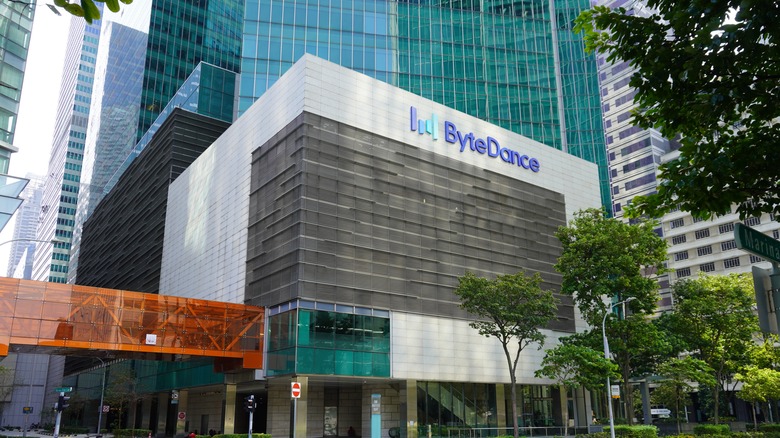Catering For TikTok Office In Singapore May Have Sickened Over 100 People
TikTok and its short-form mobile videos maintain a wide global reach, evidenced by Chinese ownership, corporate headquarters in both Los Angeles and Singapore, and offices in major world cities such as London, Dubai, Paris, Tokyo, Jakarta, Tokyo, and more. ByteDance, the parent company of the video-sharing phenomenon, is now making news for something entirely different: an apparent case of food poisoning in its Singapore headquarters at One Raffles Quay. Multiple ambulances and a mass decontamination arrived on the scene.
To date, at least 130 people have fallen ill with gastroenteritis, including 57 originally hospitalized on July 30, and 17 requiring extended treatment. Operations at two food business companies catering to the office complex have been suspended, and both parties are reportedly working with authorities and government investigators to pinpoint the source of the illnesses. Both companies have ties to Singapore restaurants: Yun Hai Yao operates a chain of eateries called Yun Nans, while Pu Tien Services is the core kitchen for multiple Putien restaurants, which specialize in a sea-centric regional Chinese food known as Fujian.
Investigations are ongoing, but a pathway for the food companies to resume operations reportedly exists. It includes thorough sanitizing of all food-making premises and discarding all present food items, such as perishables and ready-to-eat items. In addition, all employees who handle foods, plus food hygiene officers, must start from scratch with food safety courses specific to their roles. They must also undergo testing for foodborne pathogens.
Singapore health and food agencies monitor food imports
In the current food poisoning event at TikTok's ByteDance headquarters, joint investigations and actions are being coordinated between the Singapore Ministry of Health (MOH) and the Singapore Food Agency (SFA). It's not unusual for the SFA to work with other government agencies to ensure safety of the Southeast Asian city-state's food supply. Singapore is home to one of the world's busiest seaports and imports at least 90% of its food from 170 countries across the globe. It sits at the tip of the Malay Peninsula, with recent enforcement measures required for illegal produce imported from Malaysia.
As recently as July, the same month of the foodbourne illnesses at ByteDance, the SFA worked with the Immigration and Checkpoints Authority (ICA) to investigate food imports on delivery trucks targeting retail outlets and direct consumer sales. Authorities confiscated produce that came from unlicensed firms with no oversight for health and safety regulations, including the use of pesticides. Other recent actions by the SFA include uncovering illegal food-related transactions involving a cold storage facility, food processing operation, and investigation of gastroenteritis in four elder care centers.
To ensure adequate food supplies and shield citizens from food contamination and related illnesses, such as what occurred in the ByteDance headquarters, the Singapore Food Agency has adopted several programs, including a farm-to-fork food safety system with stringent requirements for animal health standards and disease prevention. Singapore was also one of the first countries to openly permit cultivated meat products for retail customers.

